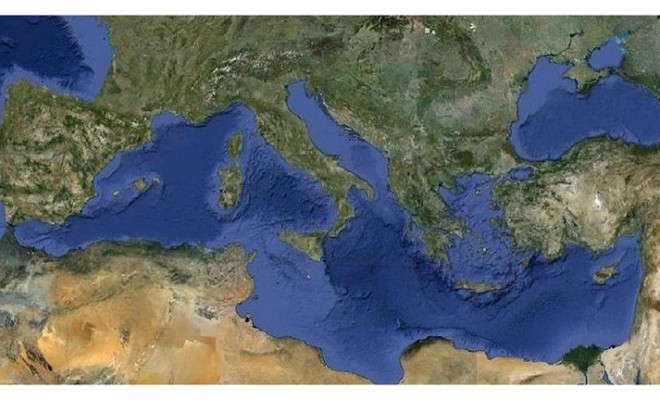
How Washington Should Handle Turkey’s Summer of Flex
Turkey looks less like a treaty ally and more like a competitor.
In these polarized times, it is rare when senior U.S. lawmakers across the ideological spectrum unanimously agree on something. But Turkish President Recep Tayyip Erdogan has managed to do the seemingly impossible.
The chairmen and ranking members of the Senate and House Foreign Affairs Committees have used their congressional prerogative to successfully impede U.S. arms sales to Turkey. The nearly two-year blockage is a bipartisan reaction to a list of policy disagreements between Washington and Ankara that have roiled the bilateral relationship, according to Defense News. At the top of the list is Turkey’s purchase of the Russian S-400 air defense missile system, a decision that forced the Trump administration to kick Turkey, a NATO ally, out of the consortium of countries that fly the F-35.
It would be expedient to lay all of the blame on Erdogan or President Donald Trump for the deterioration of the U.S.-Turkey relationship. But focusing on a particular leader’s style is only a part of the story. Turkey’s increasingly bold behavior is a reminder of an inconvenient principle U.S. officials frequently sweep under the rug: just because a state is a formal treaty ally doesn’t mean it will elevate alliance tranquility above its own national interest.
Συνέχεια ανάγνωσης εδώ
Πηγή: defenseone.com




